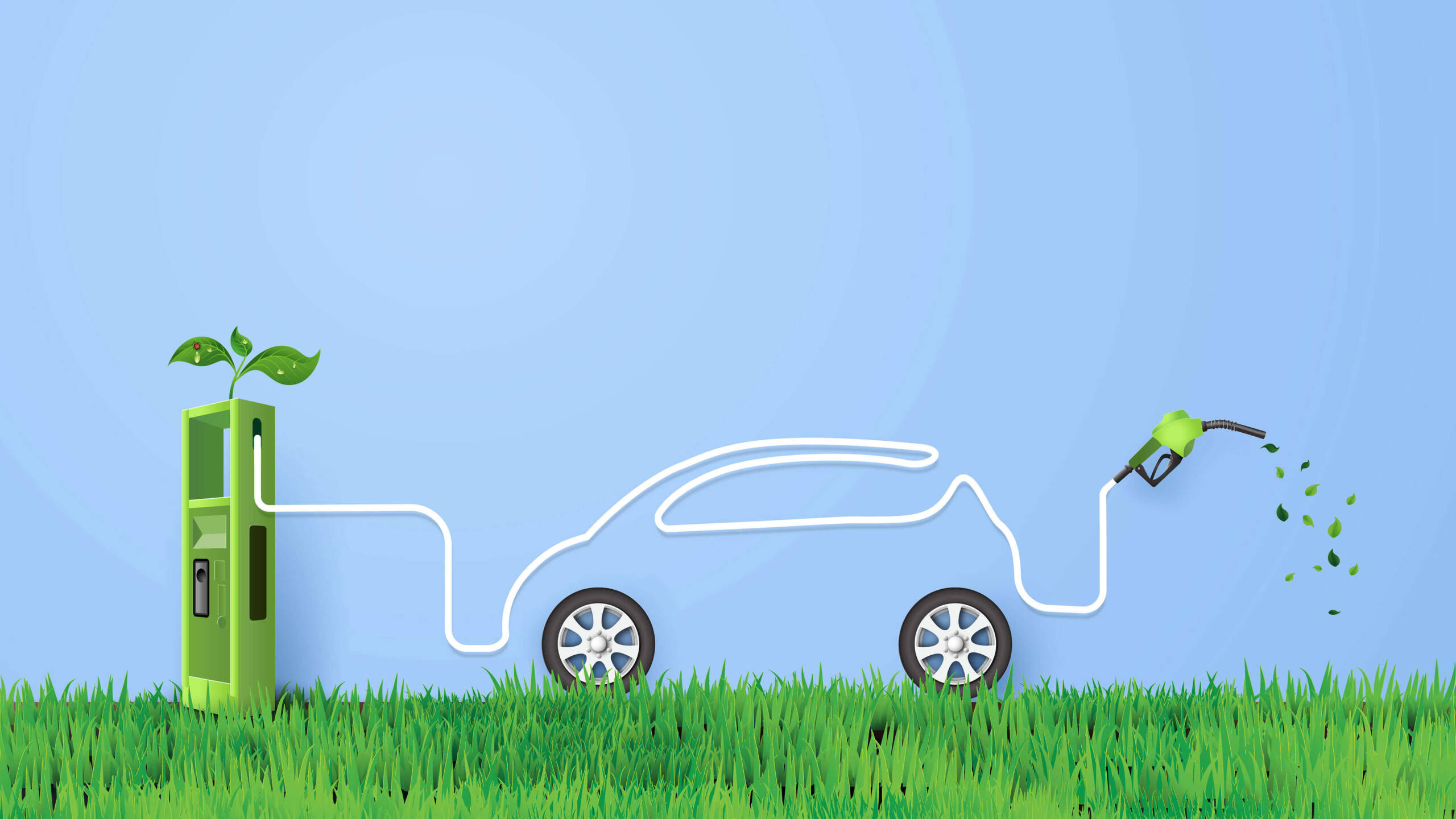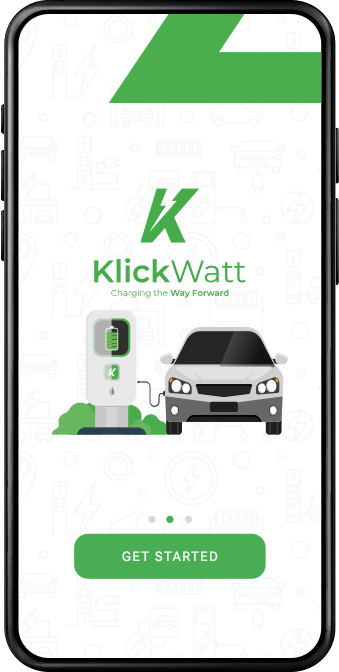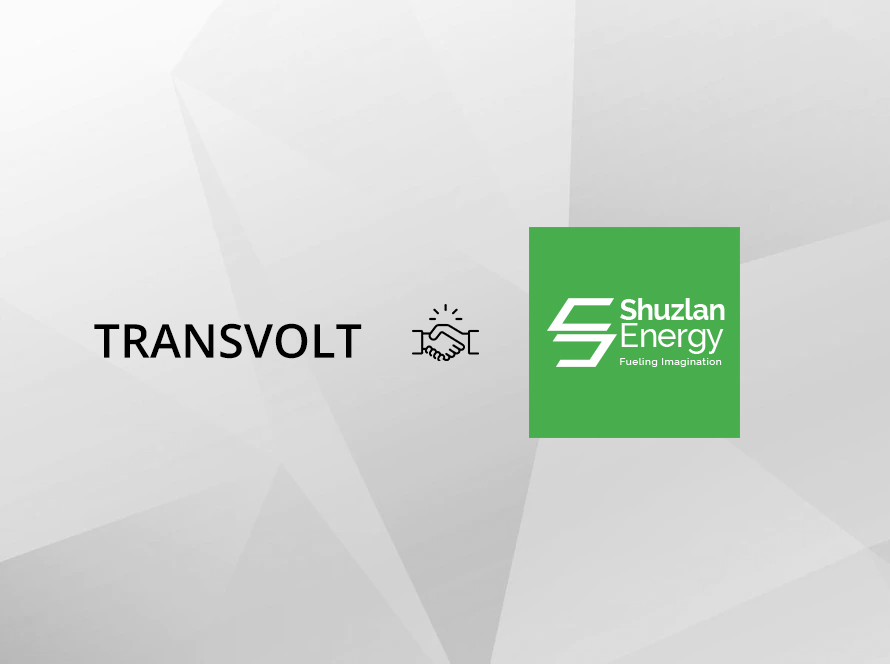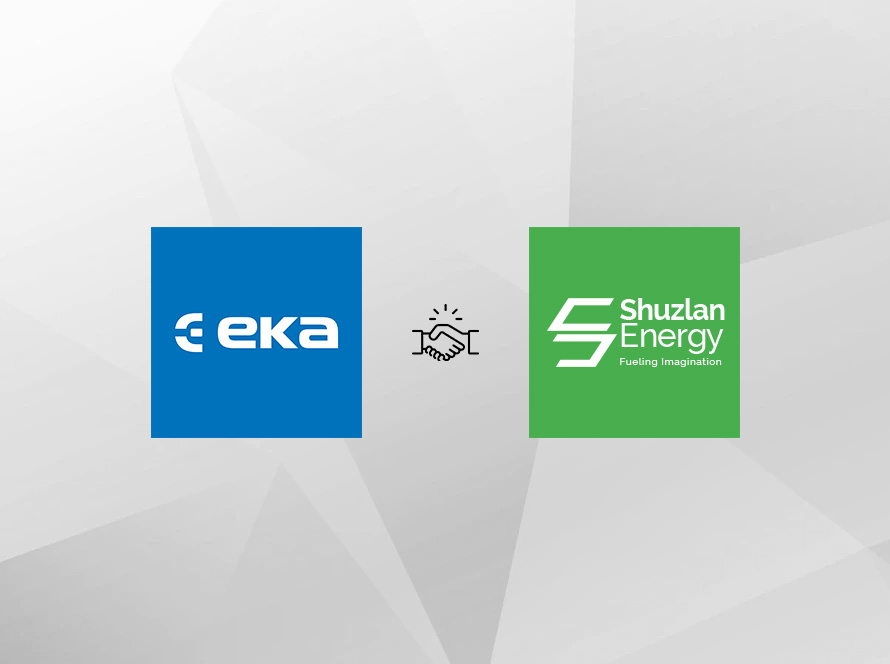
KlickWatt
At KlickWatt (Erstwhile known as Shuzlan Energy), we're committed to shaping a green, sustainable, and environmentally conscious future for India as the newest Charge Point Operator. Our mission is to deliver efficient electric vehicle charging solutions and installation of EV charging stations, ensuring a brighter and more sustainable future for India. We're dedicated to advancing the world by providing optimal energy solutions.
EV Charging Solution for All
Fleet Operator
We offer smart, safe, and innovative charging solutions for your fleets.
Offices and Institutions
We offer smart, safe, and innovative charging solutions for your vehicles.
Malls, Hotels & Resorts
We offer comprehensive services to malls, Hotels & Resorts to meet the growing demand for electric vehicle (EV) charging options.
Home and Housing Societies
We provide a range of services to housing societies aimed at making electric vehicle (EV) charging accessible and convenient for residents
Recent Installations

Discover Places Nearby
Lorem ipsum dolor sit amet, consectetur adipiscing elit, sed do eiusmod tempor incididunt ut labore.

Charging Station Management Software (CMS)
Charging Station Management Software is a crucial tool for the effective and efficient management of EV charging stations. It provides a wide range of features that are essential for the smooth and seamless operation of charging stations, enabling operators to manage their operations with ease and confidence.
Following are some key features:
• Station Monitoring
• Billing and Payment
• Network Management
• Customer Management
• Data Analytics
• Remote Management
KlickWatt Discovery App
KlickWatt is a discovery app that helps in locating nearby charging stations. The following are the key features of our mobile app:
-
• User-friendly interface.
• Easy to search and navigate.
• Filters for precise search
• Real time data analytics and Dashboard
• Easy payment and billing
• Provides charger status (Online / Offline) in real time.
• Helps plan long journeys.
• Roaming and Interoperability Services

Brands who have faith in us






Latest News
FAQ
What is an electric vehicle?
EVs are vehicles that use electric motors, unlike internal combustion engines. Powered by electric vehicle batteries, or EV batteries for short, it is through this the vehicle draws energy. The batteries of EVs need to be charged, just like your mobile and laptop devices.
Where can you charge your Electric Vehicle?
If you have an EV charger at home (such as in the parking lot) or at your workplace building’s parking facilities, you can charge your EV. If not, you can opt for the public, government-issued charging stations.
How long does it take to charge the EV?
Charging time depends on the current level of battery charge, the battery capacity, thecapacity of the charging station and the location of your charging station.
Depending on these criteria, the time taken to charge may be anywhere from 60 minutes to 4 hours, depending on the type of charger.
Is the EV charger a high-maintenance device or a low-maintenance device?
If installed properly and integrated properly, then the device is a very low-maintenance effort. With online connectivity, it enables remote diagnostics and troubleshooting.
How much does it cost to charge an electric vehicle?
Again, this depends on the vehicle and where you choose to charge. On an average, thebattery capacity usually of 20-45 kWh. And the average cost would be Rs. 5-15, minimum if you charge at a government-issued charging station and maximum, if you have a charging station at home.
Where can I charge an Electric Vehicle (EV?)
EVs come equipped with cords and equipment that allow them to be plugged into conventional 230-volt outlets that are standard in your home or garage. However, EV owners can also purchase advanced, Level 2 chargers that will cut charging time in half. When considering home charging options, please consult with a licensed electrician as modifications to your home’s electrical wiring will likely be needed.
EVs can also be charge at public stations currently being installed across the country.
How long does charging take?
For completely empty batteries using a common 230-volt outlet (Level 1), an owner can expect a full charge in 8-12 hours. With a 240-volt outlet and a Level 2 charging station, an owner can expect to fully charge a battery in 4-6 hours. A Level 3 “Quick Charge” station can charge a fully depleted battery up to 80% fully charged in less than 30 minutes.
Charging time depends on both the type of charger used and the vehicle.
How can I determine if I have enough electric capacity in my home to charge an EV?
The first step is to have a licensed electrician perform an assessment at your home. They will be able to identify the scope of work needed to accommodate the charging equipment. In extreme cases, an electric service upgrade to your home may be required. In that case, your utility company/DISCOM may have to perform work required to supply the additional electric load. Your licensed electrician should be able to identify this problem and can work with the utility company to provide the service upgrade needed.
Who can I contact about getting a charging station for my home or business?
You can contact to KlickWatt, we can assist with the selection and installation of charging equipment. You can also contact local electrical supply companies and KlickWatt, dealers. A list of those companies is available on the Electric Vehicle Supply Equipment (EVSE) Dealers page. If you are purchasing an EV, the automotive dealership will also likely have information on charging equipment.
Why is the community offering free public charging and not requiring an access fee to use these stations?
The public charging stations can be outfitted with payment acceptors that require a fee before charging can take place. However, there is an additional cost to adding this feature to the charging stations. Similarly, there is an added installation cost, as well as ongoing maintenance fees associated with networking the charging stations to a communications system that supports payment collection. These extra costs are projected to far exceed the cost of providing free charging to the relatively small number of electric vehicles that are expected in the community over the next few years. As supply of EVs expand, it is expected that these public charging stations will eventually require an access fee.









